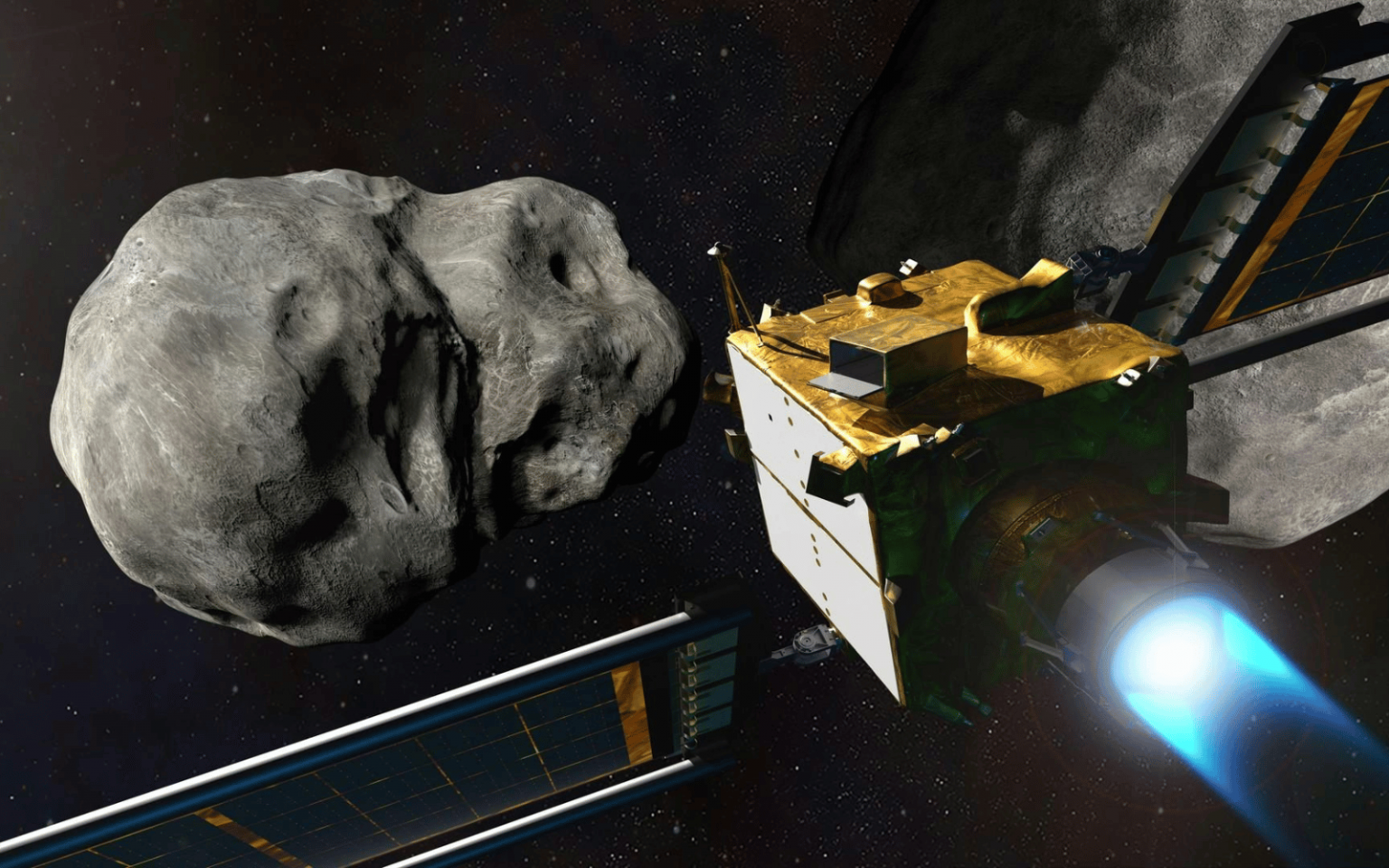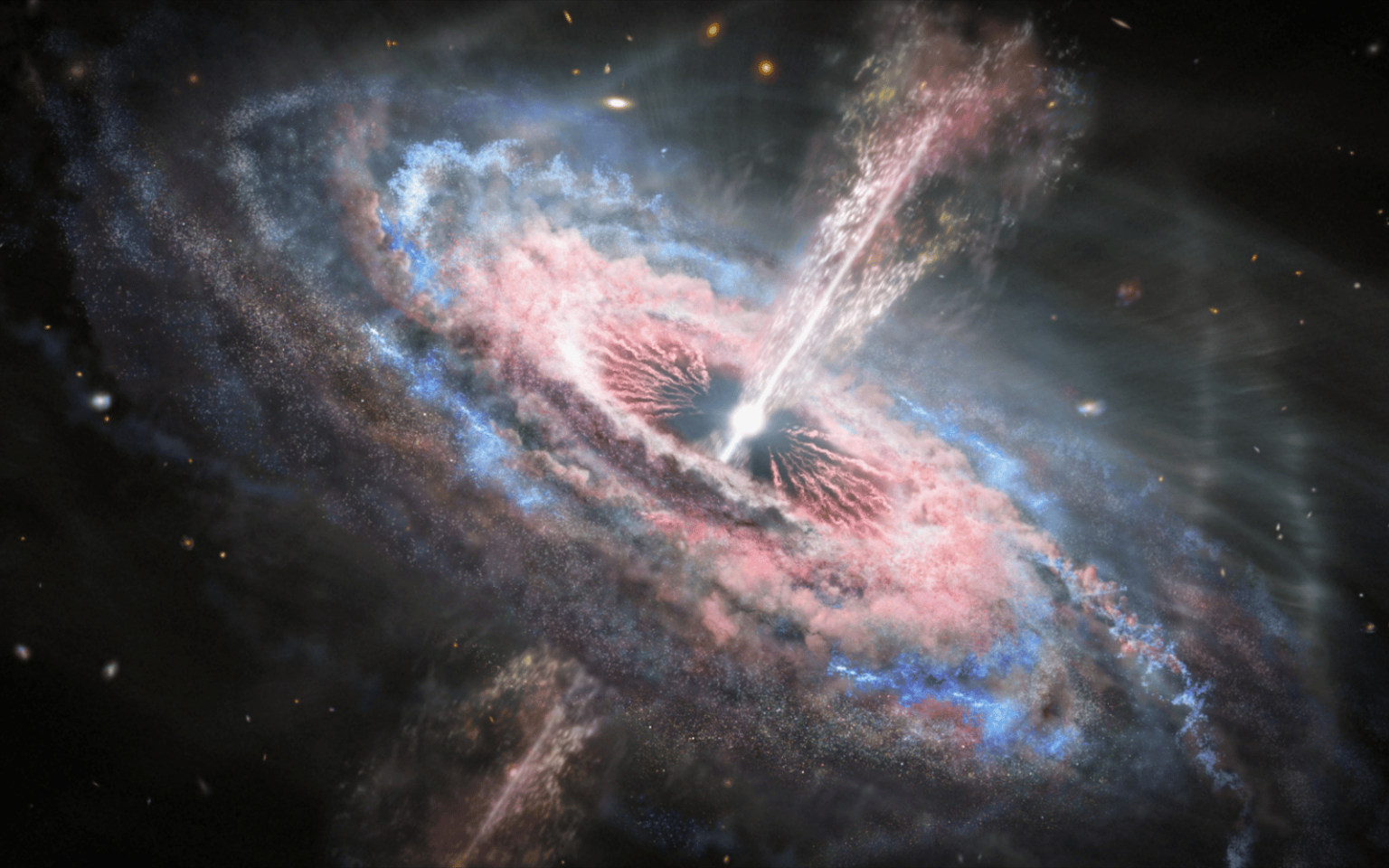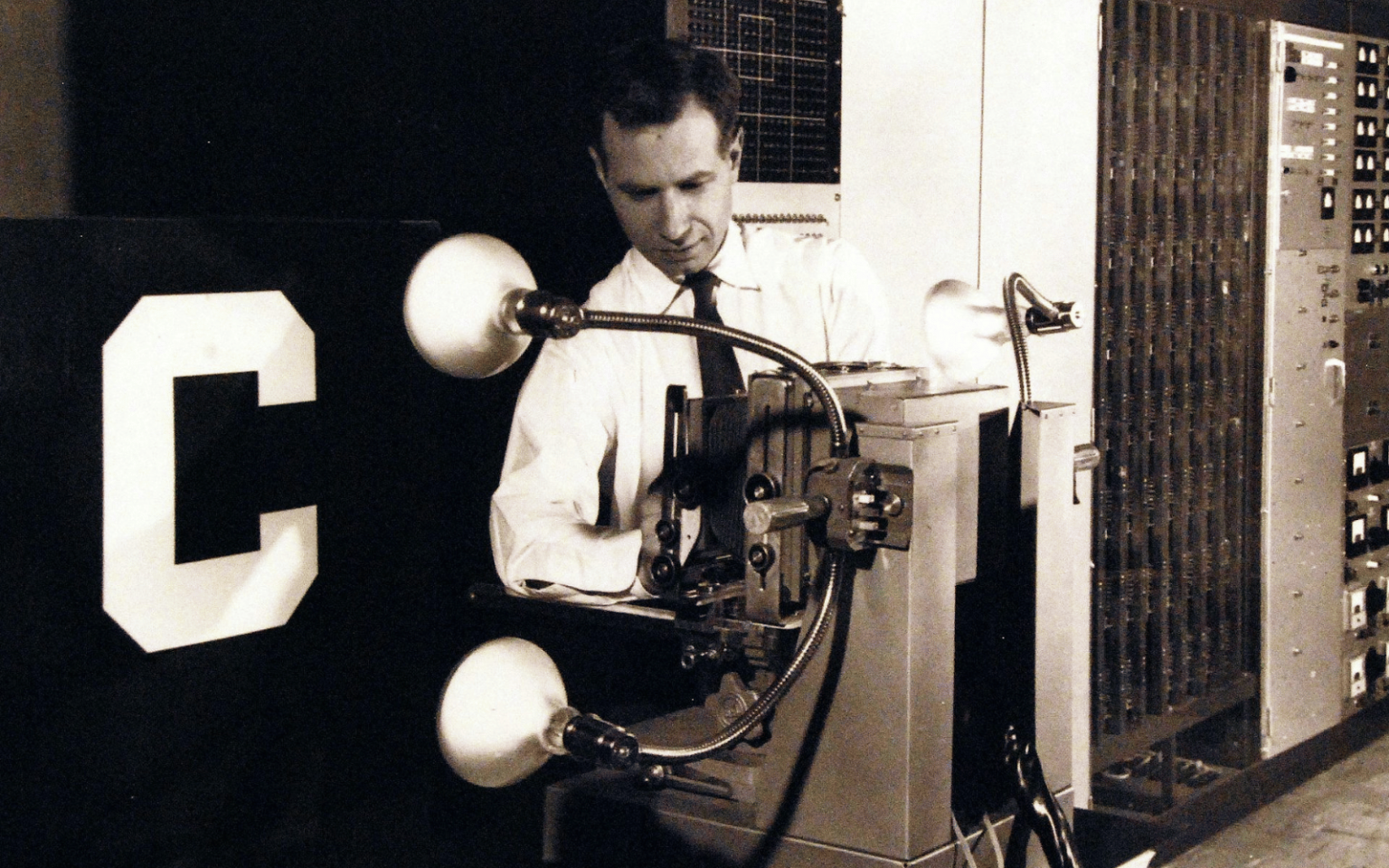There are lots of proposed ways to try to place limits on artificial intelligence (AI), because of its potential to cause harm in society, as well as its benefits. For example, the EU’s AI Act places greater restrictions on systems based on whether they fall into the category of general purpose and generative AI or are considered to pose limited risk, high risk or an unacceptable risk. This is a novel and bold approach to mitigating any ill effects. But what if we could adapt some tools that already exist? Software licensing is one well-known model that could be tailored…
Author: The Conversation
The morning started with a message from a friend: “I used your photos to train my local version of Midjourney. I hope you don’t mind”, followed up with generated pictures of me wearing a flirty steampunk costume. I did in fact mind. I felt violated. Wouldn’t you? I bet Taylor Swift did when deepfakes of her hit the internet. But is the legal status of my face different from the face of a celebrity? Your facial information is a unique form of personal sensitive information. It can identify you. Intense profiling and mass government surveillance receives much attention. But businesses and individuals…
A frequent idea in sci-fi and apocalyptic films is that of an asteroid striking Earth and causing global devastation. While the probabilities of this kind of mass extinction occurring on our planet are incredibly small, they are not zero. The results of NASA’s Dart mission to the asteroid Dimorphos have now been published. They contain fascinating details about the composition of this asteroid and whether we can defend Earth against incoming space rocks. The Double Asteroid Redirection Test (Dart) was a spacecraft mission that launched in November 2021. It was sent to an asteroid called Dimorphos and commanded to collide with…
With its bright colors, easy-to-learn rules and familiar music, the video game Tetris has endured as a pop culture icon over the last 40 years. Many people, like me, have been playing the game for decades, and it has evolved to adapt to new technologies like game systems, phones and tablets. But until January 2024, nobody had ever been able to beat it. A teen from Oklahoma holds the Tetris title after he crashed the game on Level 157 and beat the game. Beating it means the player moved the tiles too fast for the game to keep up with the…
Peering deep into the infancy of the universe, the European Southern Observatory’s Very Large Telescope (VLT) recently confirmed the discovery of the brightest and fastest growing quasar. Quasars are luminous objects in the night sky powered by gas falling into a large black hole at the centre of a galaxy. The discovery of this record-breaking object was fascinating enough. But another crucial aspect to the announcement is that it raises big questions about galaxy formation in the early universe. In particular, it remains puzzling how this quasar, which existed less than two billion years after the Big Bang, could have grown so large…
A roomsize computer equipped with a new type of circuitry, the Perceptron, was introduced to the world in 1958 in a brief news story buried deep in The New York Times. The story cited the U.S. Navy as saying that the Perceptron would lead to machines that “will be able to walk, talk, see, write, reproduce itself and be conscious of its existence.” More than six decades later, similar claims are being made about current artificial intelligence. So, what’s changed in the intervening years? In some ways, not much. The field of artificial intelligence has been running through a boom-and-bust cycle since…
The United States is in the grips of a loneliness epidemic: Since 2018, about half the population has reported that it has experienced loneliness. Loneliness can be as dangerous to your health as smoking 15 cigarettes a day, according to a 2023 surgeon general’s report. It is not just individual lives that are at risk. Democracy requires the capacity to feel connected to other citizens in order to work toward collective solutions. In the face of this crisis, tech companies offer a technological cure: emotionally intelligent chatbots. These digital friends, they say, can help alleviate the loneliness that threatens individual and national health. But as the pandemic showed,…
If health is a fundamental human right, health-care delivery must be improved globally to achieve universal access. However, the limited number of practitioners creates a barrier for all health-care systems. Approaches to health-care delivery driven by artificial intelligence (AI) are poised to fill this gap. Whether in urban hospitals or in rural and remote homes, AI has the reach that health-care professionals cannot hope to achieve. People seeking health information can obtain it quickly and conveniently. For health care to be effective, patient safety must remain a priority. The news is filled with examples of novel applications of AI. Riding the wave of recent interest…
If you find it intriguing that February 28 will be followed this week by February 29, rather than March 1 as it usually is, spare a thought for those alive in 1582. Back then, Thursday October 4 was followed by Friday October 15. Ten whole days were snatched from the present when Pope Gregory XIII issued a papal bull to “restore” the calendar from discrepancies that had crept into the Julian calendar, introduced by Julius Caesar in 45 BCE. The new Gregorian calendar returned the northern hemisphere’s vernal equinox to its “proper” place, around March 21. (The equinox is when…
Smartphone ownership among younger children is increasing rapidly. Many primary school children now own smartphones and they have become the norm in high school. Parents of younger children may occasionally (or routinely) look at their child’s phone to check it’s being used responsibly and safely. But as children mature into teens, parental inspections will likely feel like an invasion of privacy. Many would not ask for a high schooler’s diary, yet phones hold even more personal information. So, what do parents need to consider when making the “phone rules” for their children as they get older? Early smartphone ownership Parents get…










